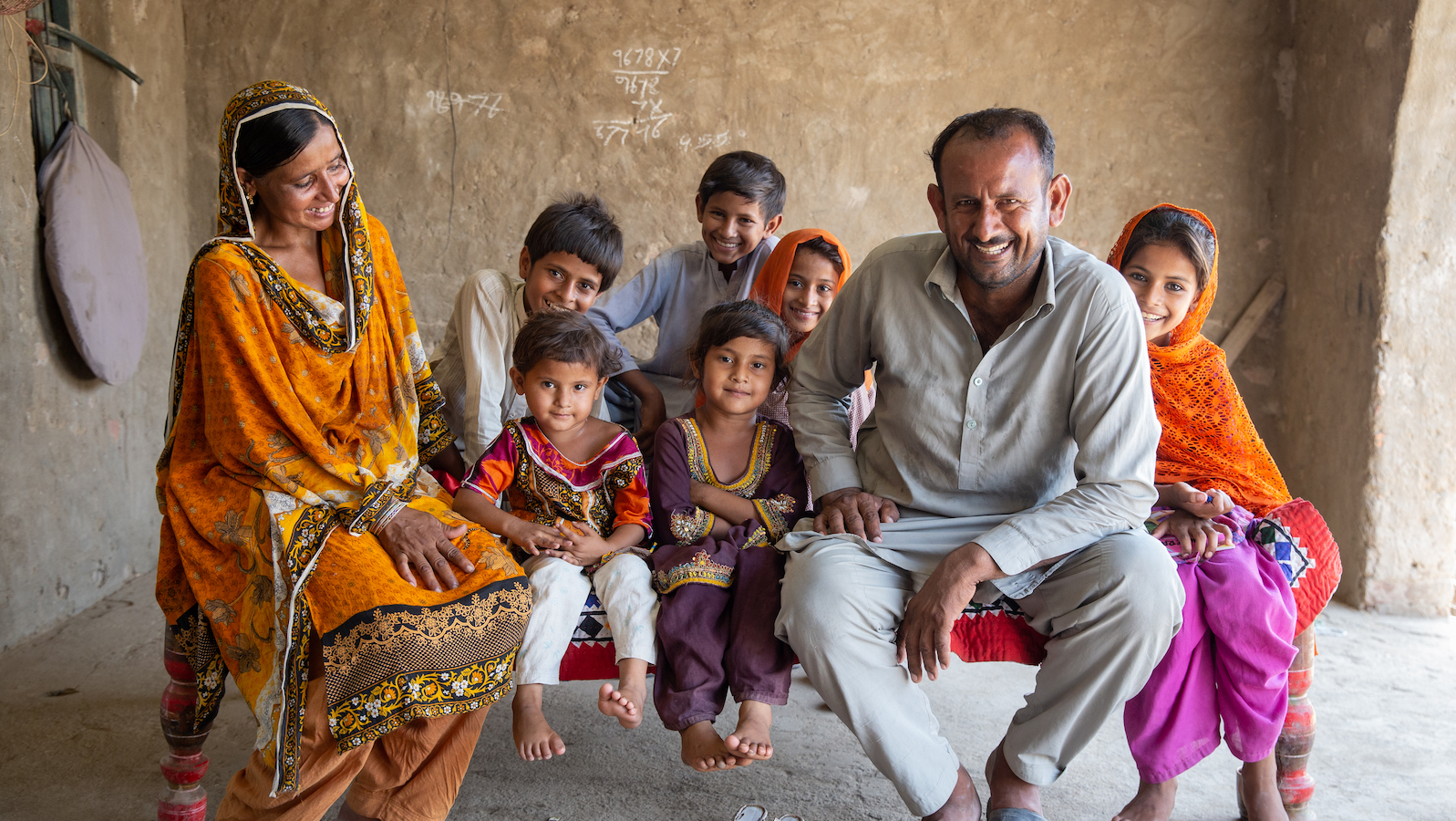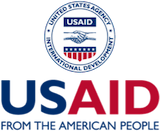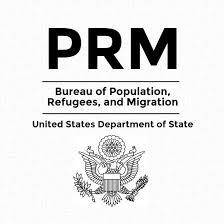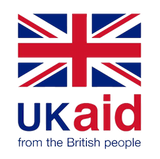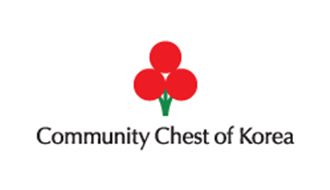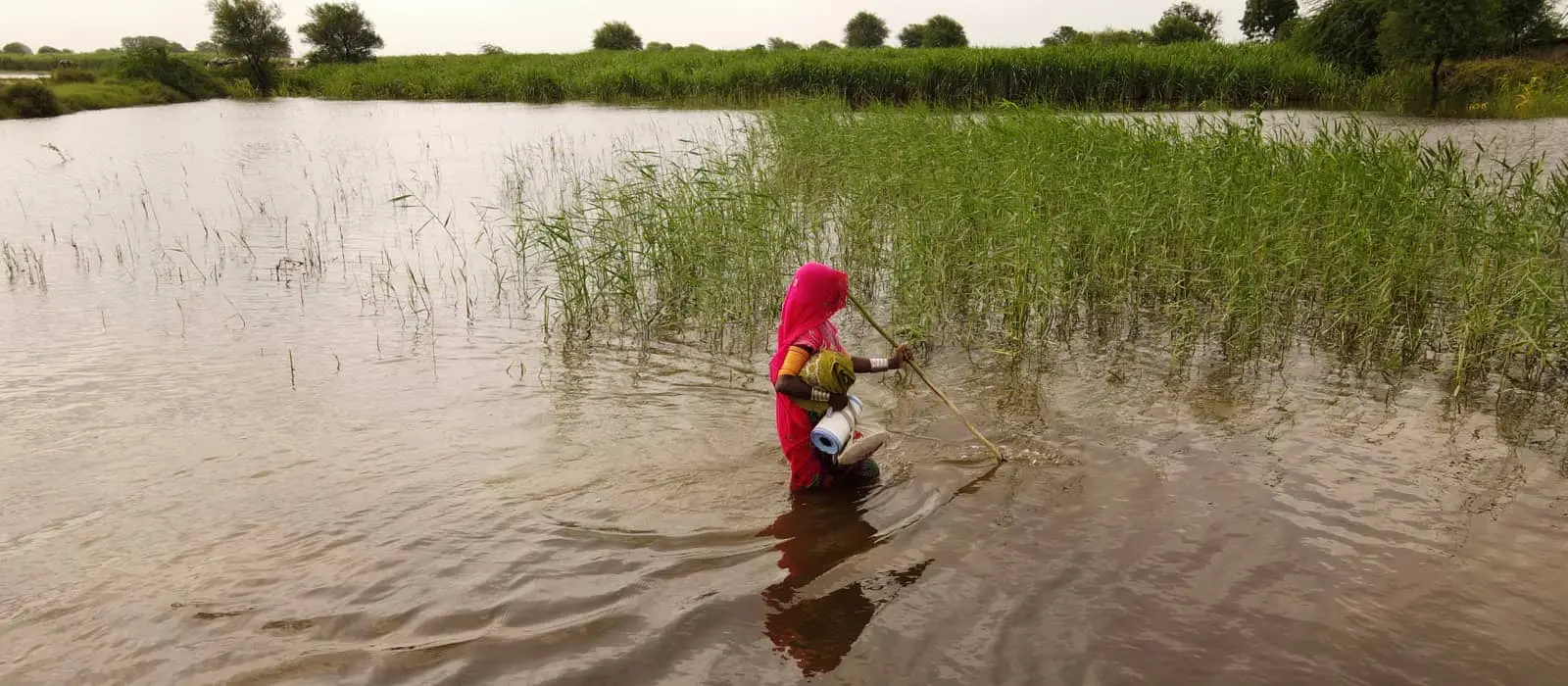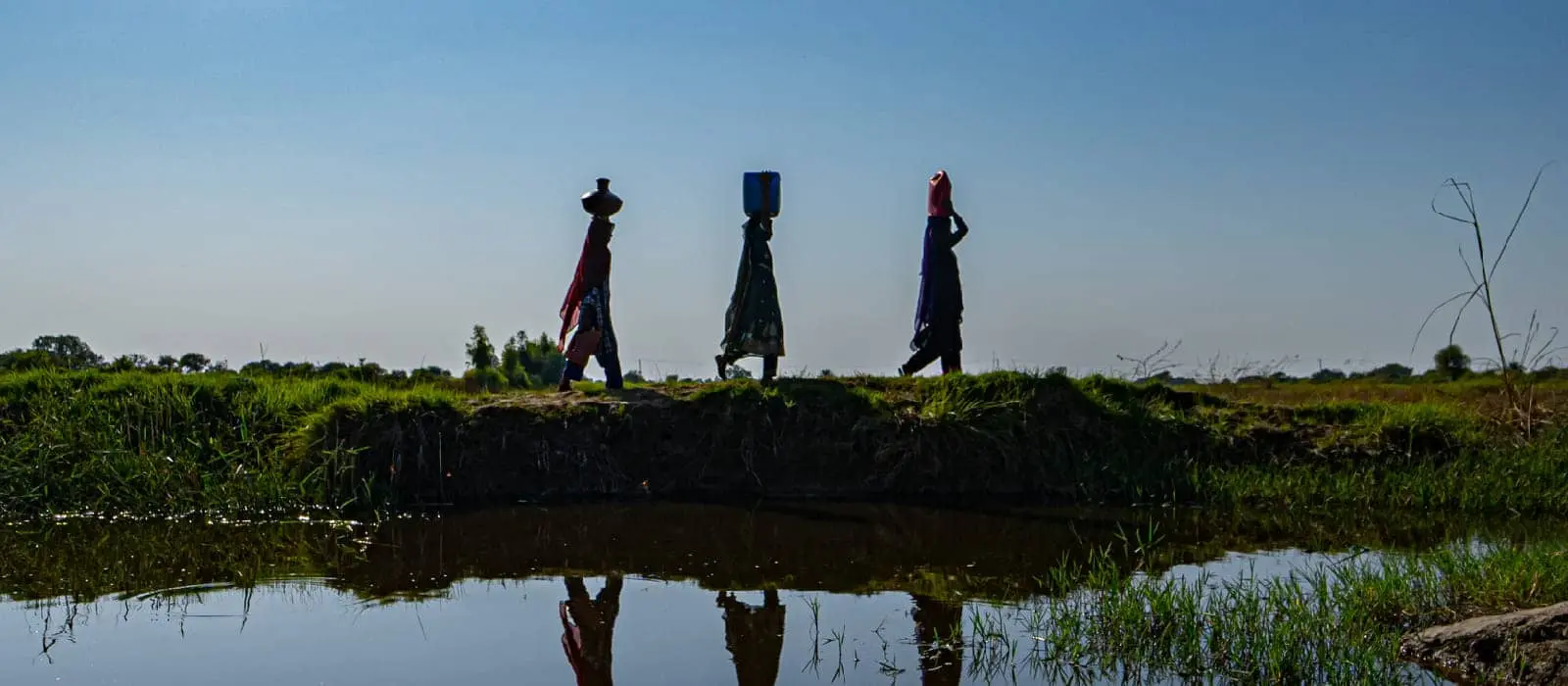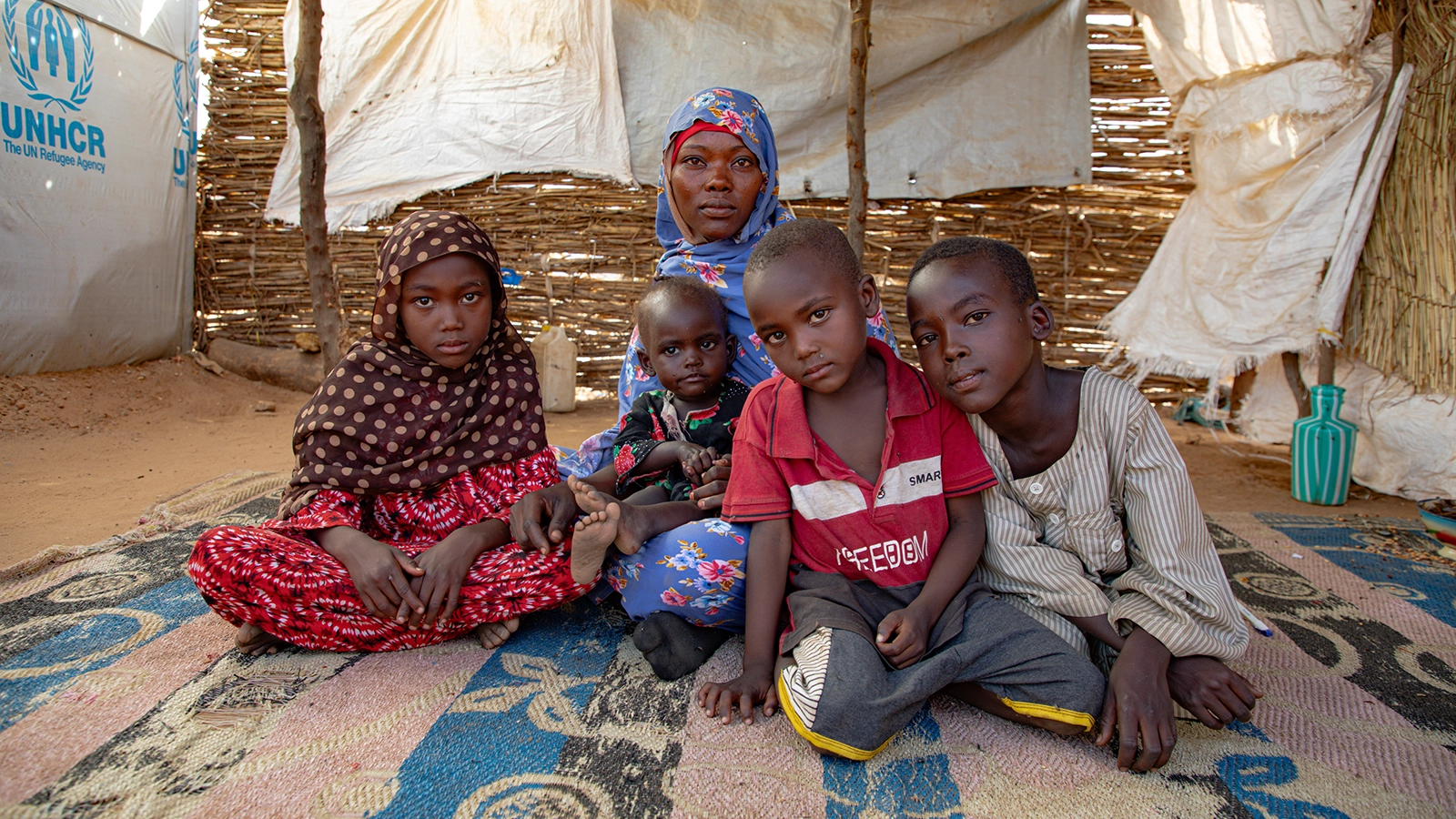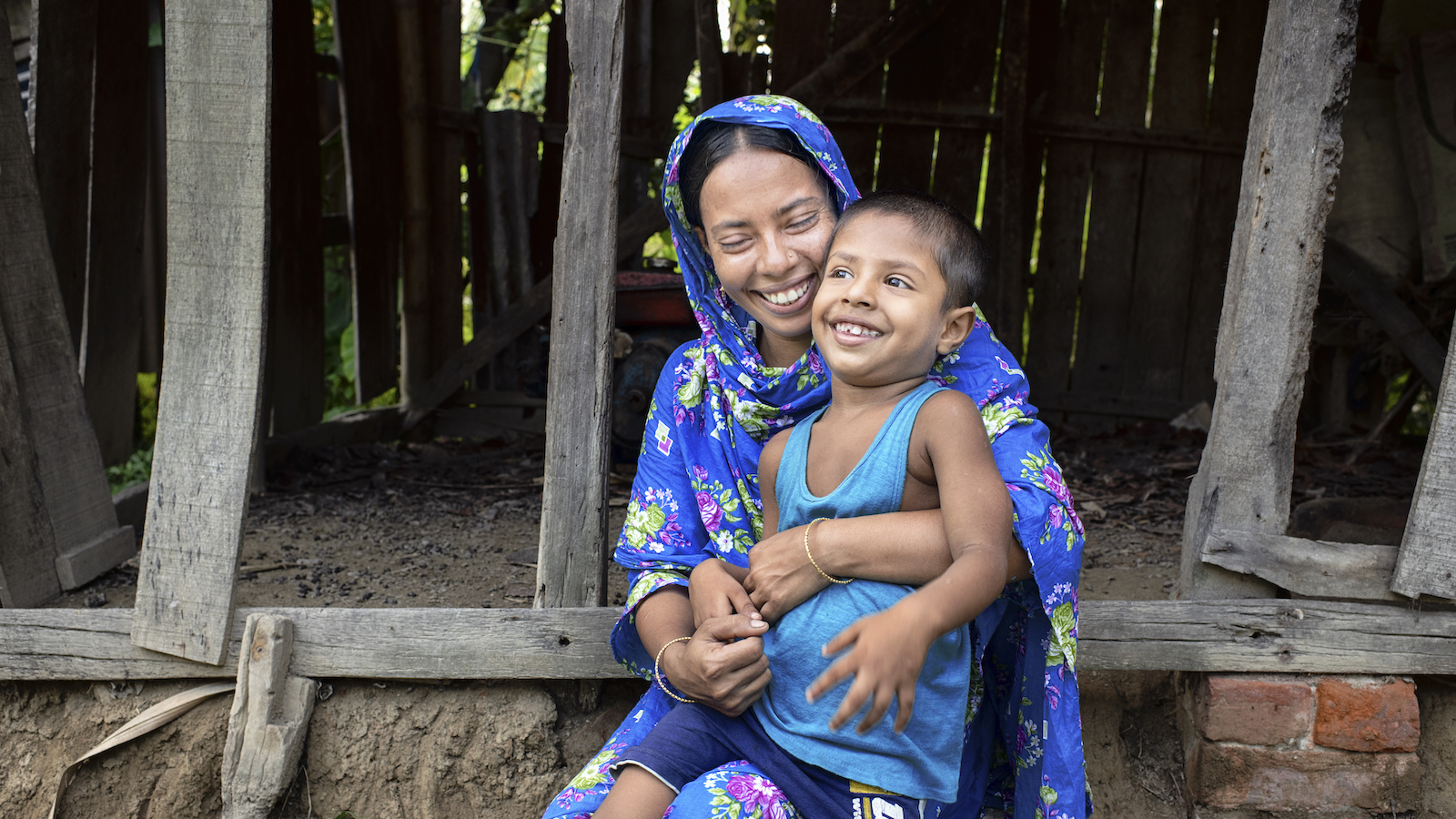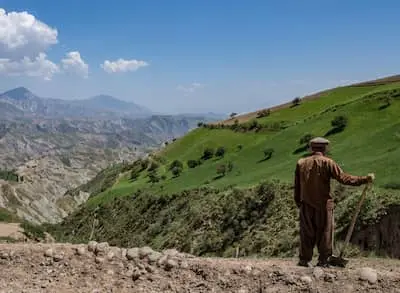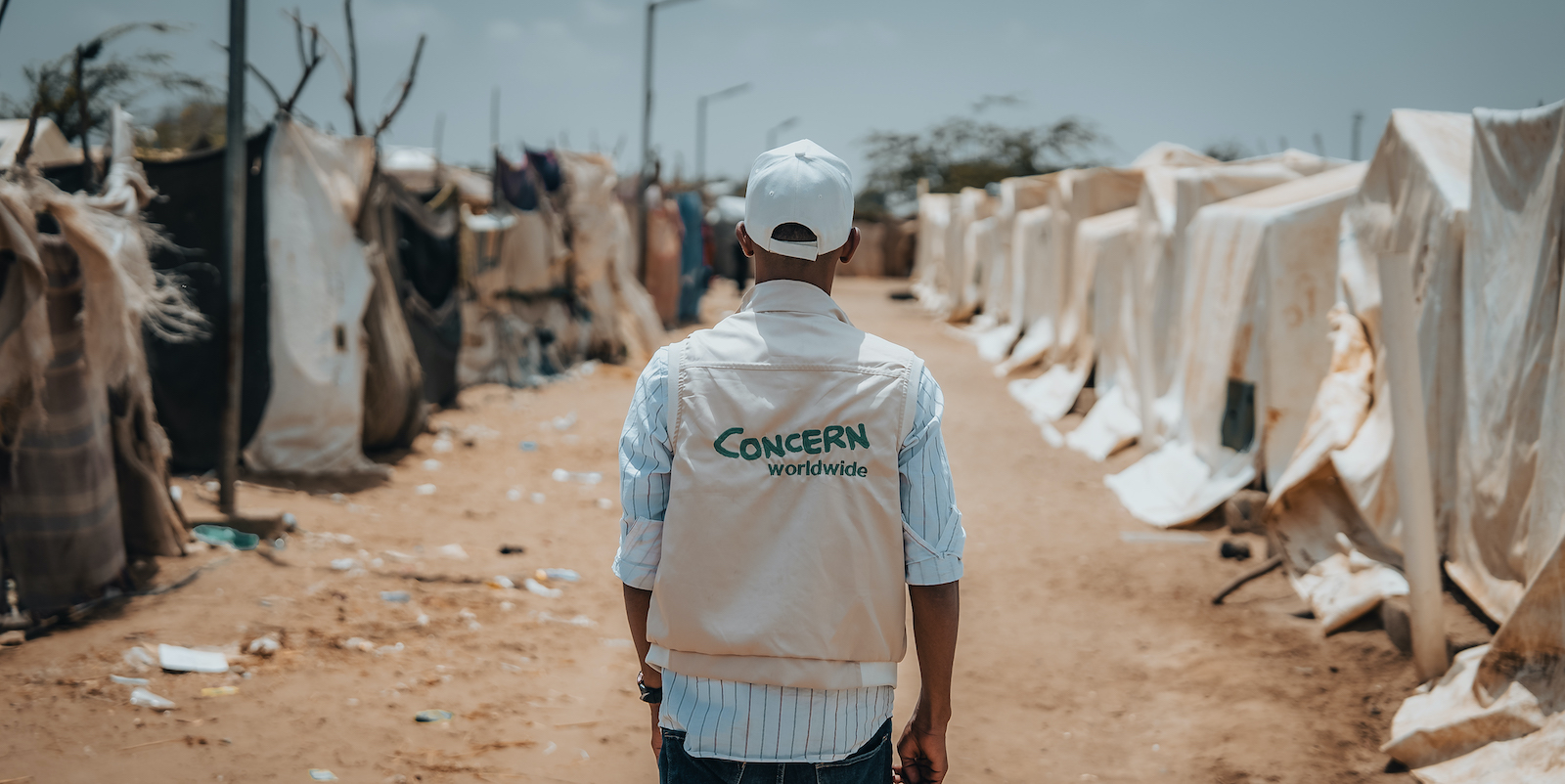Country stats
- Capital: Islamabad
- Population: 240.48 million
- Percentage of people living below the poverty line: 40%
Concern’s response
- Pakistan program launched: 2001
- Program areas: Education, Emergency Response, Health & Nutrition, Livelihoods, WASH
Why are we in Pakistan?
Pakistan is one of the most vulnerable countries to climate change and faces disaster levels of drought, floods, and rising sea levels. In tandem with this, the country also faces severe economic challenges, with over 40% of the country living below the poverty line.
Pakistan sits at the nexus of the climate crisis, poverty, and hunger
The world’s fifth-largest country by population, Pakistan is on the frontlines of the climate crisis, facing both devastating droughts and floods. In 2024, the country is facing protracted droughts in two of its six provinces (Sindh and Balochistan), while also still recovering from the catastrophic floods of 2022 — the worst on-record since 1961 — which had a lasting impact on one-third of the country’s population. The Pakistan Red Crescent estimated that, by the end of 2023, 1.8 million people still lived near polluted flood waters.
Disasters such as these have further hindered the country’s economic progress, as well as its fight against hunger. The 2022 floods resulted in food prices in rural areas increasing by as much as 45%, leaving an additional 1 million people relying on humanitarian assistance. The World Food Program estimates that 20.5% of the population is undernourished, with 44% of children under the age of five facing stunting (low height for age) due to malnutrition.
Pakistan also faced economic challenges in 2023, with post-pandemic recovery coming to a halt following a series of related shocks, both domestic and international. Between 2022 and 2023, the Pakistani rupee depreciated by nearly 29% against the US dollar, and inflation rates combined with deteriorating wages and job quality have led to more people living under the poverty line as we entered 2024.
Latest achievements
Emergency response
Mounting large-scale humanitarian responses is a key feature of our work in Pakistan, one that distinguishes us from other international NGOs. In 2023, we reached over 1,260,000 people in Pakistan with our emergency response programs.
Water, sanitation, and hygiene (WASH)
We have implemented a new climate-resilient WASH project in Pakistan, adapting community water infrastructure to natural disasters including drought and floods. So far, we’ve reached nearly 420,000 people with this innovative work.
CMAM Surge
A new version of our standard-setting Community Management of Acute Malnutrition program, CMAM Surge anticipates surges in malnutrition based on lean seasons and other predictors. Last year in Pakistan, Concern-trained community health workers screened over 28,500 children for malnutrition.
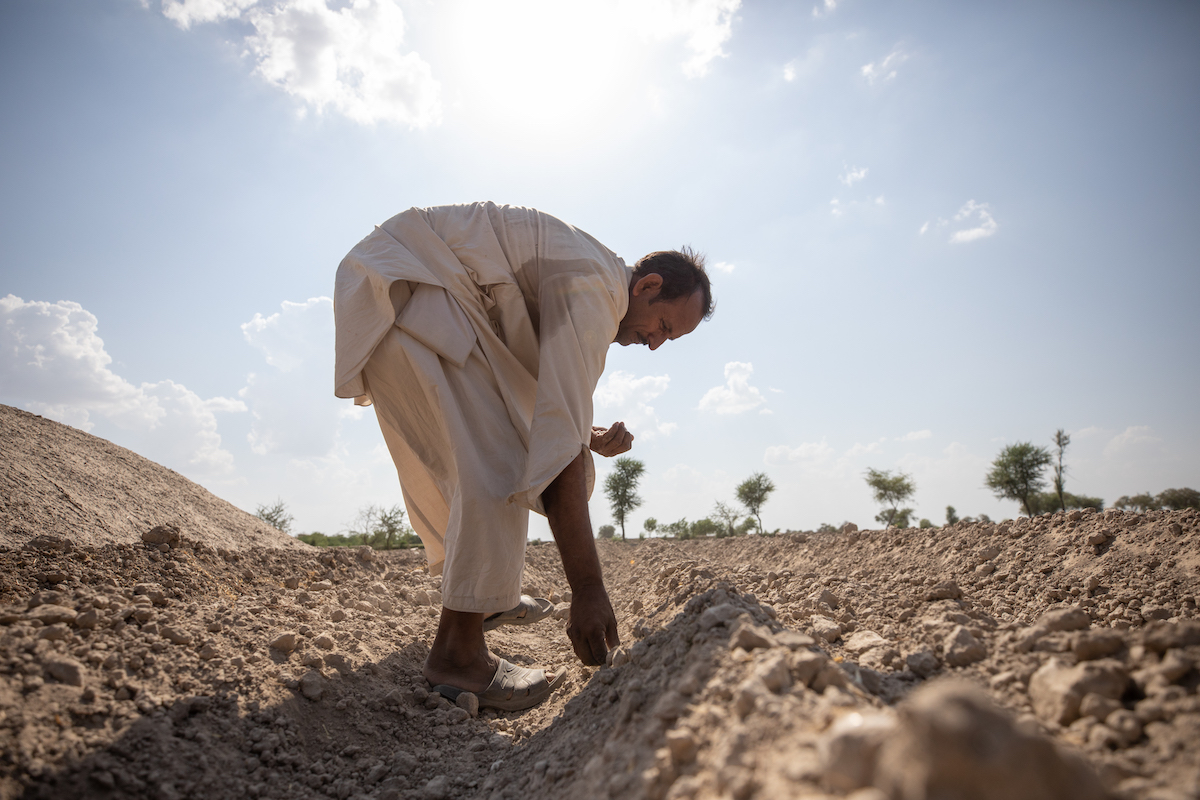
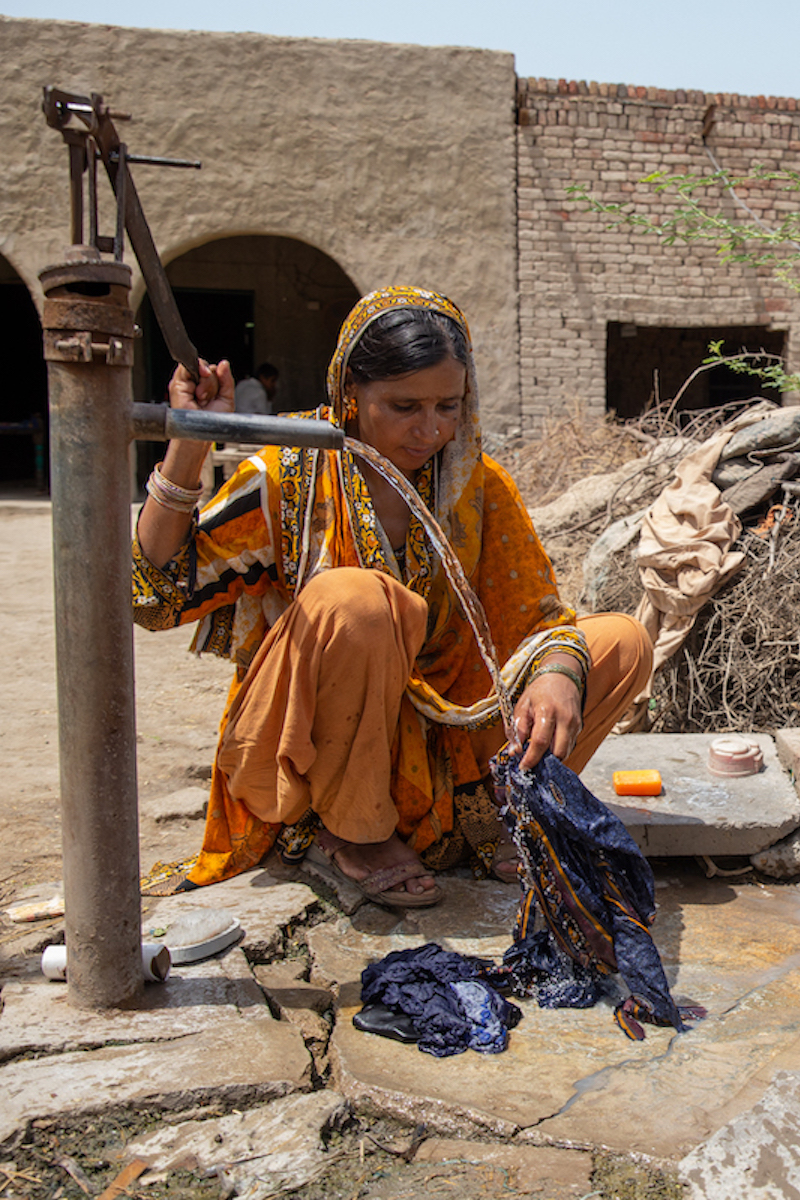
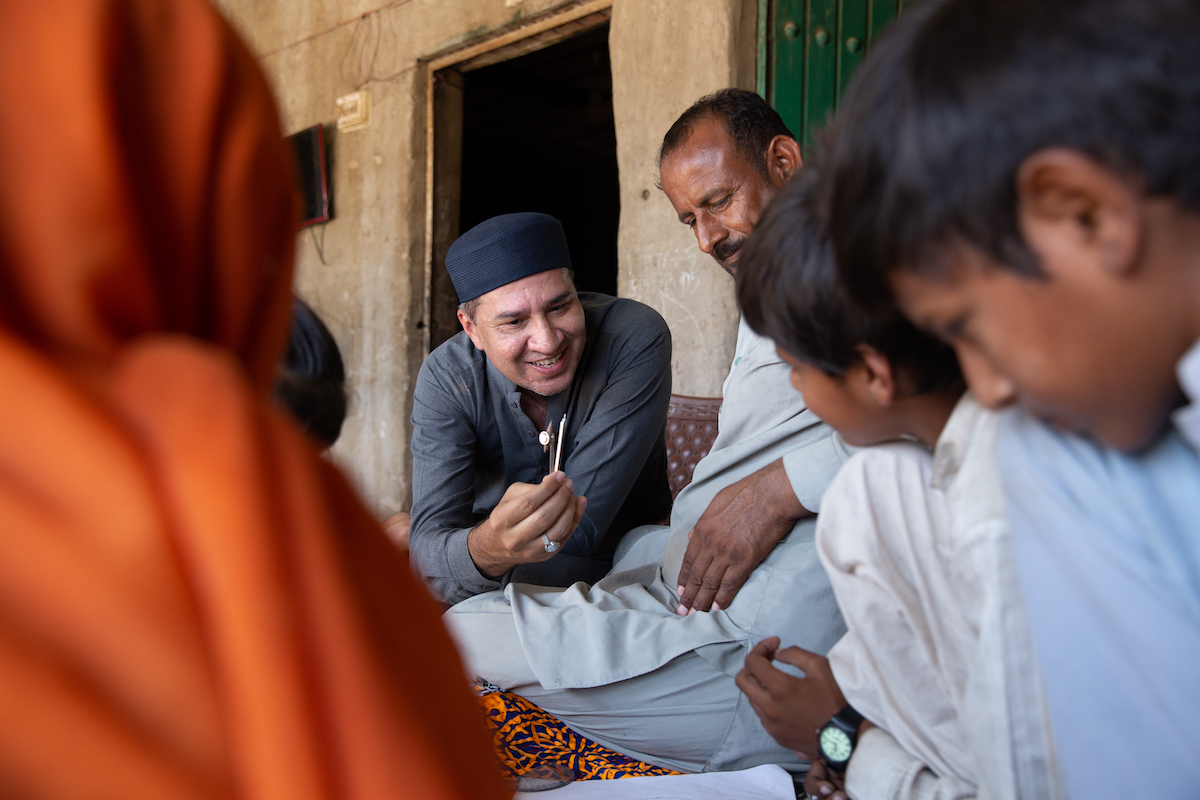
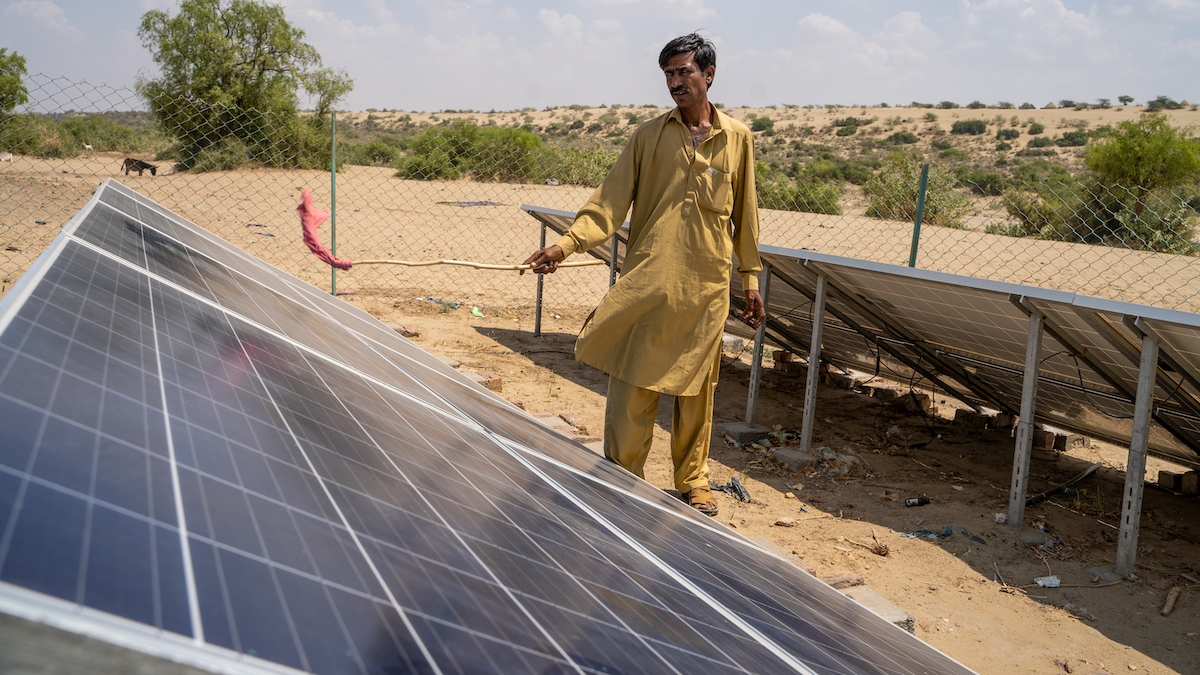
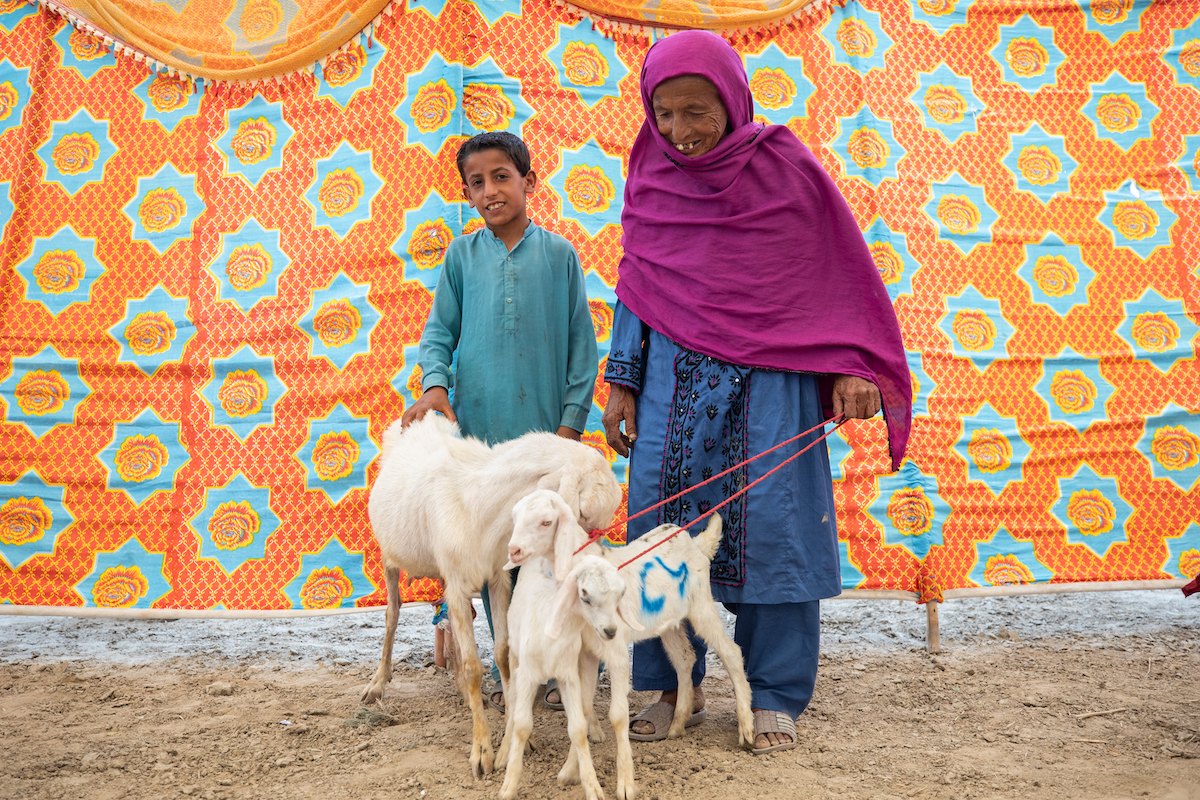
Our work in Pakistan
Our programs in Pakistan build livelihoods, respond to emergencies, and combat hunger and malnutrition.

